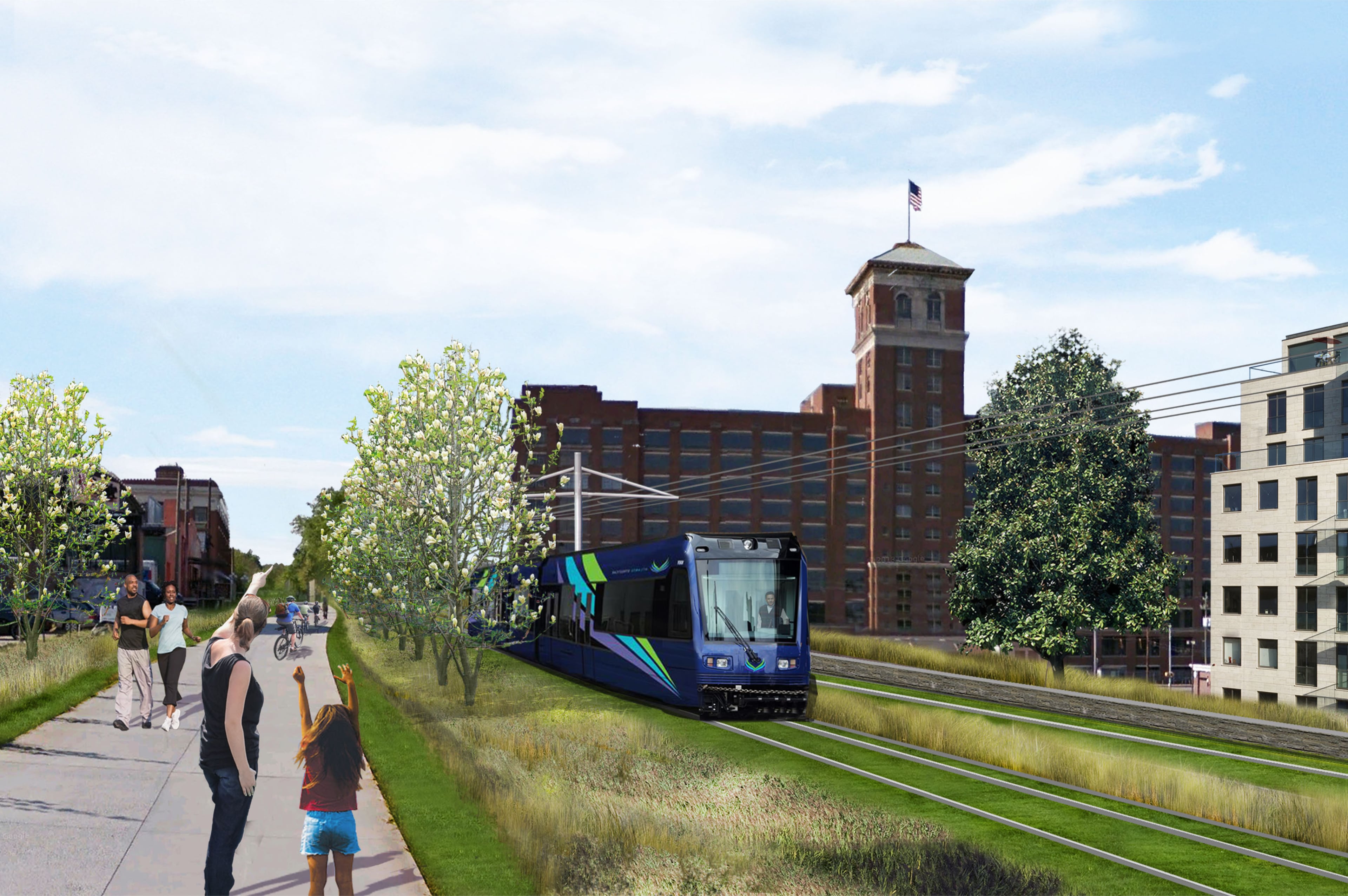State behavioral health agency seeks money from Legislature to address crisis in jails

The state agency that handles behavioral health plans to ask the Georgia General Assembly for more money to get mentally ill patients moved out of jails and into treatment.
The request dovetails with priorities previously expressed by House Speaker Jon Burns. After the deadly shooting at Apalachee High School in September, Burns and other lawmakers said mental health legislation would be a priority when the Legislature returns to work in January.
“We will certainly continue to embrace and do everything we can when it comes to providing mental health services, mental health professionals and recognizing the need for counselors,” Burns said in an interview Tuesday. “We want to get out in front of issues. We want to be preventive, not reactive.”
However, decades of underfunding for mental health care mean dramatic changes won’t happen overnight, officials acknowledge, and the state has other budgetary needs, including transportation investments and relief for communities impacted by Hurricane Helene.
Backlogs in Georgia’s mental health crisis system have turned county jails into holding areas for people who are likely mentally ill and have been accused of committing crimes, county sheriffs and state officials say.
Now, jails across the state are nearly full. Nine sheriffs who spoke to The Atlanta Journal-Constitution estimated that anywhere from a quarter to half of inmates in their jails have some sort of mental health condition.
“They should be in a state facility and not in a county jail,” said Bill Massee, the sheriff in Baldwin County.
Crisis in care
When people are arrested for a state crime and either are not given a bond or can’t afford the cost, they are usually sent to a county jail. If they are suspected of being mentally ill, the state will administer a mental health evaluation to determine whether the person can stand trial. If they can’t, they are supposed to be sent to a state hospital.
That is how the system is supposed to work. But a shortage of space and staff in jails to conduct the evaluations have caused major delays.
“The state got away from holding those folks. It has basically become the county jails that are holding all of these people with nowhere to put them,” Banks County Sheriff Carlton Speed said. “We can’t do anything with them until they commit a crime that’s violent enough to be taken into some type of facility that will house them and secure them.”
There are 770 people waiting in jail for a hospital bed, according to data shared at the Biennial Institute, a training seminar for new and returning lawmakers held this week at the University of Georgia in Athens.
In Baldwin County, Massee said some inmates have been waiting a year for a mental evaluation.
The average wait time for an evaluation is more than 330 days for men and 260 days for women.
“That’s why you get calls from sheriffs when it takes a year for someone to get moved to a hospital,” said Kevin Tanner, commissioner of Georgia’s Department of Behavioral Health and Developmental Disabilities. “We have a capacity issue. We don’t have the tools and the toolbox necessary to solve that with the limited capacity we have.”
To help close the gaps, Tanner said the state needs eight additional behavioral health crisis centers in Georgia and 232 additional beds for restoration treatment to add to the 641 in place now. Those extra beds are needed because 60% of them are occupied by individuals who have been in them for an average of nine years.
Frontline frustrations
Sheriffs are on the front lines of the mental health crisis, and those who spoke to the AJC said they are frustrated because they don’t have the trained staff to support these patients.
“It’s a revolving door that has been going on for years in the mental health world,” Barrow County Sheriff Jud Smith said. “Every single year in the Legislature, there’s a bill about mental health. But in the end, it’s always the sheriff. We are the largest mental health facility in the state.”
Jails are just not the appropriate place to provide mental health care, Harris County Sheriff Mike Jolley said.
“I don’t think there’s any way to get a person with mental illness help in a jail,” he said. “We’re a housing facility. We’re not a mental health facility.”
The challenge with the delays is that some people who are incarcerated are credited for their time served and get released without actually receiving treatment. That leaves many without proper care and often leads them to recommit crimes or hurt themselves.
“If the Legislature doesn’t get off their butt and do something, we’re going to be back in another federal lawsuit dealing with mental health,” Laurens County Sheriff Larry Dean said.



